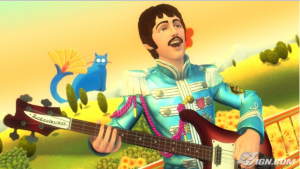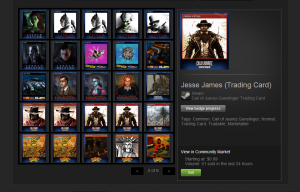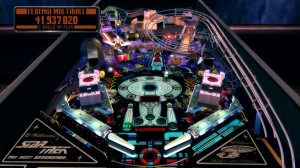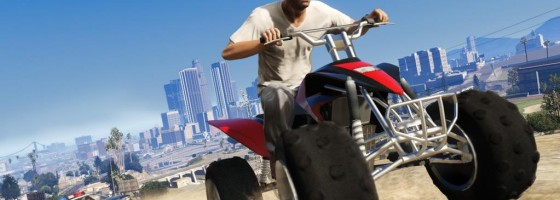Recently Rockstar got into some hot water with their fan base after removing licensed songs from GTA San Andreas and having that impact anyone with a digital copy of the game. While the action itself isn’t game breaking, it does show one of the few major disadvantages about digital and could be a continued problem down the line.
Licensing Legal Limbo:
The issue in a nutshell is this — When Rockstar acquired the licensing for the specific songs they negotiated a contract with the record label where they would be given the licensing to use said songs in San Andreas for X period of time during the game’s development and therefore would be included in the game’s release . After the period was up, the licensing returned to the IP holder aka the record label and Rockstar no longer had any claim to them.

Any time you use people, characters or songs from someone else, the developer must negotiate the licensing of that IP.
What happened was the contract they had only allowed them to keep the songs on a completed title and not have access to them for any other games or to continue working on San Andreas.
Rockstar was apparently working on the PC version for native controller support which meant that the game was technically still in development and without the licensing to those songs, they felt that they were in a weaken position contract wise and covered themselves by patching those songs out.
Now at this point, we don’t know if Rockstar tried to get the licensing again, the record label didn’t have it or didn’t want to give them or some other reason why this happened.
Naturally when someone removes or edits content from a game, the fans become justifiably angry and this is a very sticky situation. We’ve got what sounds like a very draconian contract agreement from the record label, Rockstar not wanting to fight for their fans and Steam being caught as the middleman between the two and the angered fan base.
The problem this presents is something that we’ve all known forever but have chosen to ignore– we don’t own digital games.
Game Copies vs. Licenses:
The crux of the matter is that when you buy a game on Steam, Origin or any digital service where copies are attached to an account, you’re not buying a “game” in the legal sense. Instead you’re buying a license to access a title from the digital platform and this alters what rights you have to that game. Because a license is not a hard copy, it’s free to be altered and revised as per the developer’s wish. The only store at the moment that avoids this is GOG.com who allows you to keep hard copies of any games sold directly on your computer where they or the developer can’t reach.

Steam is all about a digital economy and providing the player with game licenses and not game copies.
So that even if GOG loses the contract to have a game up on their store, as long as you keep your version stored on your computer you won’t have to worry about anyone messing with it.
Also it’s important to mention that what we’re talking about at the moment is in the US as different countries have different laws regarding digital ownership and the rights of the store and consumers.
With the digital age we’ve seen developers continue working on games for a very long time and popular games have a huge shelf life. World of Warcraft is going to have its ten year anniversary this month. Unfortunately this conflicts with traditional licensing agreements that stipulate a transfer or use of IP for a set period of time. Saying that you can only use something for three years may have been fine back when games were one and done completed products. But in today’s market where games are being continually worked on and revisited, these contracts don’t work anymore.
And for another case in point we turn to Farsight Studios and the Pinball Arcade.
Publishing Pinball:
The Pinball Arcade’s claim to fame is that they digitize some of the most popular tables in the world into the game. To do that, they require the licensing from the IP holder. However said IP holder is different based on the table itself. For instance when they were dealing with the Addams Family, they needed the original IP from the property, the rights to use the faces and voice acting from any actors including the late Raul Julia, the machine itself, any music that was played and figuring out the time frame for having access to all that.

The Pinball Arcade’s use of real tables requires a lot of negotiating over IPs and is a major hurdle for continued support and development.
The table required multiple contracts from the various IP holders that took time and money.
And even with all that said they were only able to secure the table for a few years, after which they lose the right to sell the table unless they renegotiate everything again. Anyone who has bought the table will be able to keep it of course as the contract only states selling and working on the table.
This presents a problem as you can guess for keeping these tables available for a long time, but what happens when we move forward in technology and these older tables need to be patched, will they have the same issue that Rockstar did with their music IPs?
In for the Long Haul:
Video games are no longer products that have a limited lifespan, both due to continued work and the challenge of keeping them working on newer machines. This means for any games that do make use of licensed IPs, can come back to bite us over time. Just like with the change to digital, copyright and licensing laws will need to be altered due to the changing times. It’s already hard enough to preserve classic titles; we don’t need to make keeping modern games maintained harder as well.


